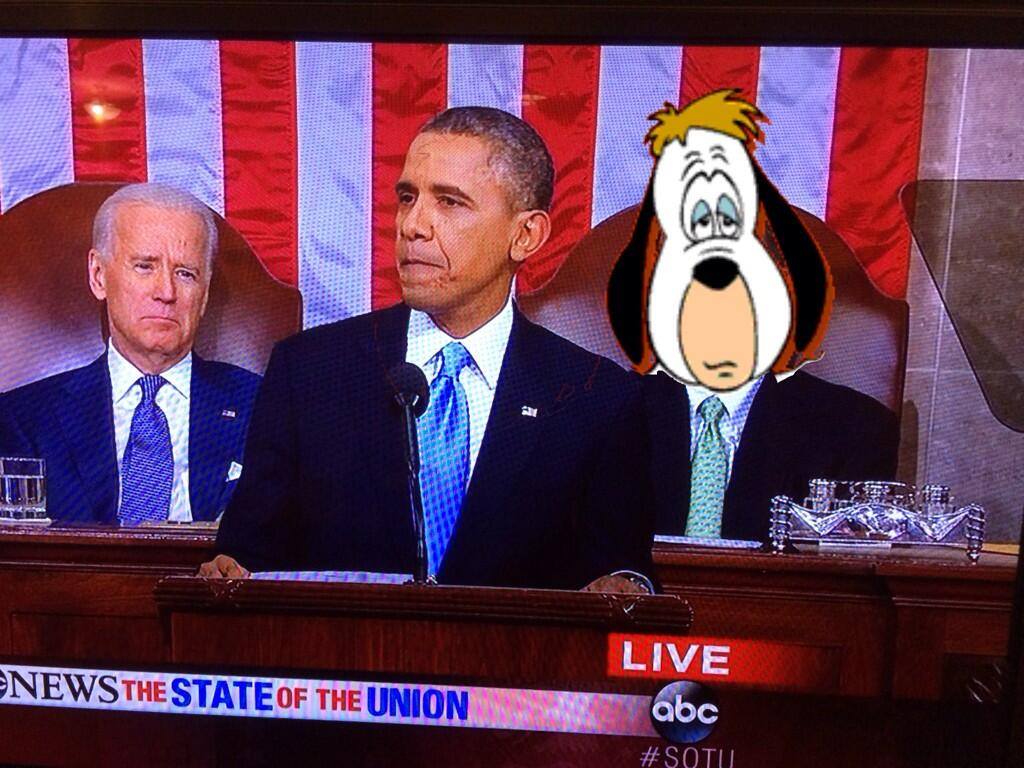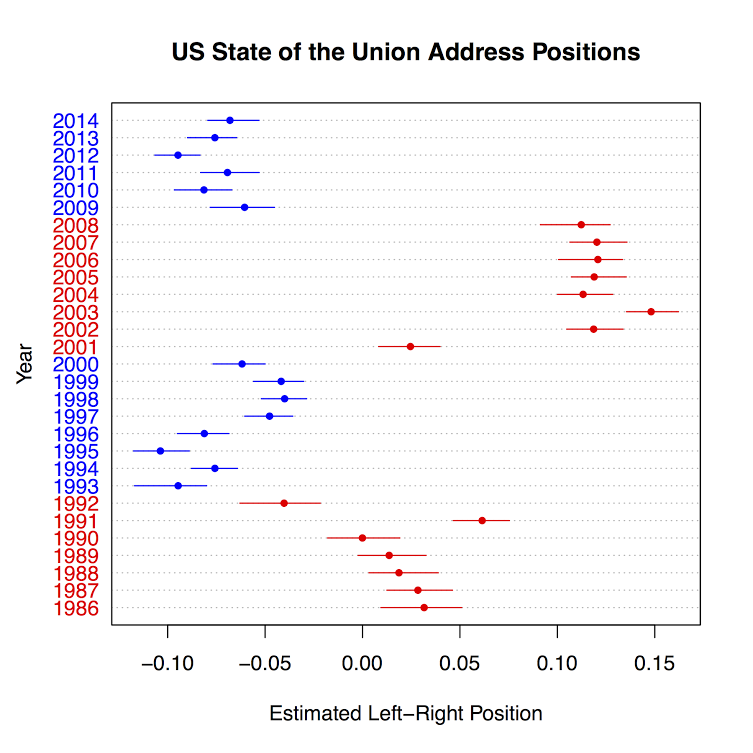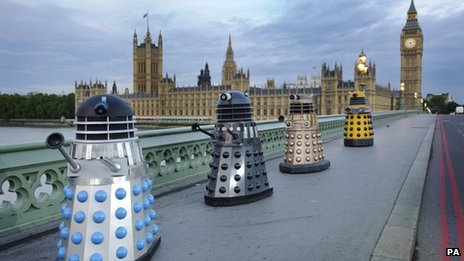White working class males present a particular frustration for Democratic strategists. Most independent economists agree that Republican economic policies have increasingly led to redistribution of wealth to the ultra-wealthy at the expense of the middle class yet Republicans obtain the majority of votes from low-information white voters who are hurt the most by Republican policies. Last week I looked at attempts by Democrats to regain the votes of white males. This is hindered by low-information voters being misled by Republican misinformation (while better educated white male voters are more likely to vote Democratic). Many vote contrary to their economic self-interest based upon social issues. This is all reinforced by the Republican southern strategy which enhances economic insecurity by playing on racial fears.
Thomas B. Edsall has an op-ed in The New York Times on How Democrats Can Compete for the White Working Class. His analysis actually leaves many reasons for Democrats to remain gloomy about these prospects. He began with some differences in attitudes between these less-educated white voters and the general population in surveys conducted by Democracy Corps:
Democracy Corps found that less well-educated whites agree, by a huge 46.2 percentage point margin, with the statement “When something is run by the government, it is usually inefficient and wasteful.” This is 11.6 points more than all voters.
Similarly, the general public agrees that “It is the responsibility of the government to take care of people who can’t take care of themselves” by a 19.5 percentage point margin, while whites who did not go to college agree by half that.
He also cited a survey by the Public Religion Research Institute from September 2012 entitled “Beyond Guns and God: Understanding the Complexities of the White Working Class in America.” This also showed that working class whites tend to be more conservative on social issues but also that this was far more the case in the south. Grouping these numbers nationally made these voters appear more conservative on social issues than is actually the case:
…while working-class whites in the South opposed same-sex marriage by 61-32 in the P.R.R.I. survey, in the Northeast they favored it 57-37; in the West they were split 47-45; and in the Midwest they were modestly opposed, 44-49. In the case of abortion, majorities of non-college whites outside of the South believe the practice should be legal, while those in the South were opposed 54-42.
In general, the findings of the P.R.R.I. study suggest that outside the South, Democrats should be able to make significant inroads among working-class whites – and, in fact, they have. In 2008, when Obama was losing nationally by 18 points among noncollege whites, in Michigan he carried these voters 52-46; in Illinois, 53-46; and in Connecticut, 51-47.
There remains another huge stumbling block to Democrats winning these white votes–race:
The P.R.R.I. study did point to one Democratic stumbling block: affirmative action and “reverse discrimination.”
Three out of five working-class whites believe “that discrimination against whites has become as big a problem as discrimination against blacks and other minorities.” This view is strongest in the South, at 69 percent, but it is the majority conviction of working-class whites in all regions of the country, where it is never lower than 55 percent.
In another key measure of white working-class racial resentment, the P.R.R.I. survey found that by a margin of three percentage points, the white working class agreed “that the government has paid too much attention to the problems of minorities.” White noncollege voters were split down the middle on this issue in the Northeast and Midwest. In the South, 58 percent agreed.
Thirty years ago, in the aftermath of the 1984 presidential election in which Ronald Reagan crushed Walter Mondale, Democrats were deeply alarmed over the defection of blue-collar voters.
Stan Greenberg, the Democratic pollster, conducted focus groups in 1985 in the white working-class suburbs of Detroit and found that “these white Democratic defectors express a profound distaste for blacks, a sentiment that pervades almost everything they think about government and politics.”
The perception of reverse discrimination was an even more acute source of anger: “The special status of blacks is perceived by almost all these individuals as a serious obstacle to their personal advancement. Indeed, discrimination against whites has become a well-assimilated and ready explanation for their status, vulnerability and failures.”
A separate study that year, financed by the Democratic National Committee, found that white working-class voters were convinced that “the Democratic Party has not stood with them as they moved from the working to the middle class. They have a whole set of middle-class economic problems today, and their party is not helping them. Instead, it is helping the blacks, Hispanics and the poor. They feel betrayed.”
While these attitudes are stronger in the south, I fear that Democrats will continue to face serious obstacles to attracting white low-information voters in other regions. That does not mean I disagree with Democratic attempts to try to pick up votes. There are white working class voters who are less conservative and less motivated by race than those in the south and some might be convinced to vote more along economic interests. Even if Democrats continue to win a minority of these voters, increasing their share could still add to Democratic margins.
This strategy has also begun to backfire against Republicans nationally. The realization that Republicans have based their electoral strategy to such a considerable degree on stroking racial fears has been one reason why they have been so unsuccessful in obtaining Jewish votes, and why Republican use of racial fears on immigration issues is hurting their long term prospects due to the loss of Latino voters.
Among other measures, Democrats have attempted to improve the economic conditions of millions of workers by pushing for an increase in the minimum wage. Now Obama has escalated this with an executive order which will provide overtime pay to millions of Americans who have been denied this:
President Obama this week will seek to force American businesses to pay more overtime to millions of workers, the latest move by his administration to confront corporations that have had soaring profits even as wages have stagnated.
On Thursday, the president will direct the Labor Department to revamp its regulations to require overtime pay for several million additional fast-food managers, loan officers, computer technicians and others whom many businesses currently classify as “executive or professional” employees to avoid paying them overtime, according to White House officials briefed on the announcement.
Mr. Obama’s decision to use his executive authority to change the nation’s overtime rules is likely to be seen as a challenge to Republicans in Congress, who have already blocked most of the president’s economic agenda and have said they intend to fight his proposal to raise the federal minimum wage to $10.10 per hour from $7.25…
Under the new rules that Mr. Obama is seeking, fewer salaried employees could be blocked from receiving overtime, a move that would potentially shift billions of dollars’ worth of corporate income into the pockets of workers. Currently, employers are prohibited from denying time-and-a-half overtime pay to any salaried worker who makes less than $455 per week. Mr. Obama’s directive would significantly increase that salary level.
In addition, Mr. Obama will try to change rules that allow employers to define which workers are exempt from receiving overtime based on the kind of work they perform. Under current rules, if an employer declares that an employee’s primary responsibility is executive, such as overseeing a cleanup crew, then that worker can be exempted from overtime.
White House officials said those rules were sometimes abused by employers in an attempt to avoid paying overtime. The new rules could require that employees perform a minimum percentage of “executive” work before they can be exempted from qualifying for overtime pay.
“Under current rules, it literally means that you can spend 95 percent of the time sweeping floors and stocking shelves, and if you’re responsible for supervising people 5 percent of the time, you can then be considered executive and be exempt,” said Ross Eisenbrey, a vice president of the Economic Policy Institute, a liberal research organization in Washington.
Conservatives are likely to protest the use of an executive order here, ignoring the fact that Obama is just reversing a previous executive order by George W. Bush in 2004. Think Progress has more on the economic effects of this executive order. Jared Bernstein, former executive director of the White House Task Force on the Middle Class, also predicts that “a potential side effect is that you may see more hiring in order to avoid overtime costs, which would be an awfully good thing right about now.”
The question remains whether low-information white working class voters will realize that they are benefiting from such policy differences between the parties or whether they will continue to fall for right wing talking points on the economy, and allow the Republicans to continue to scare them with the prospect of blacks and immigrants challenging them for jobs.
Cross posted at The Moderate Voice

















